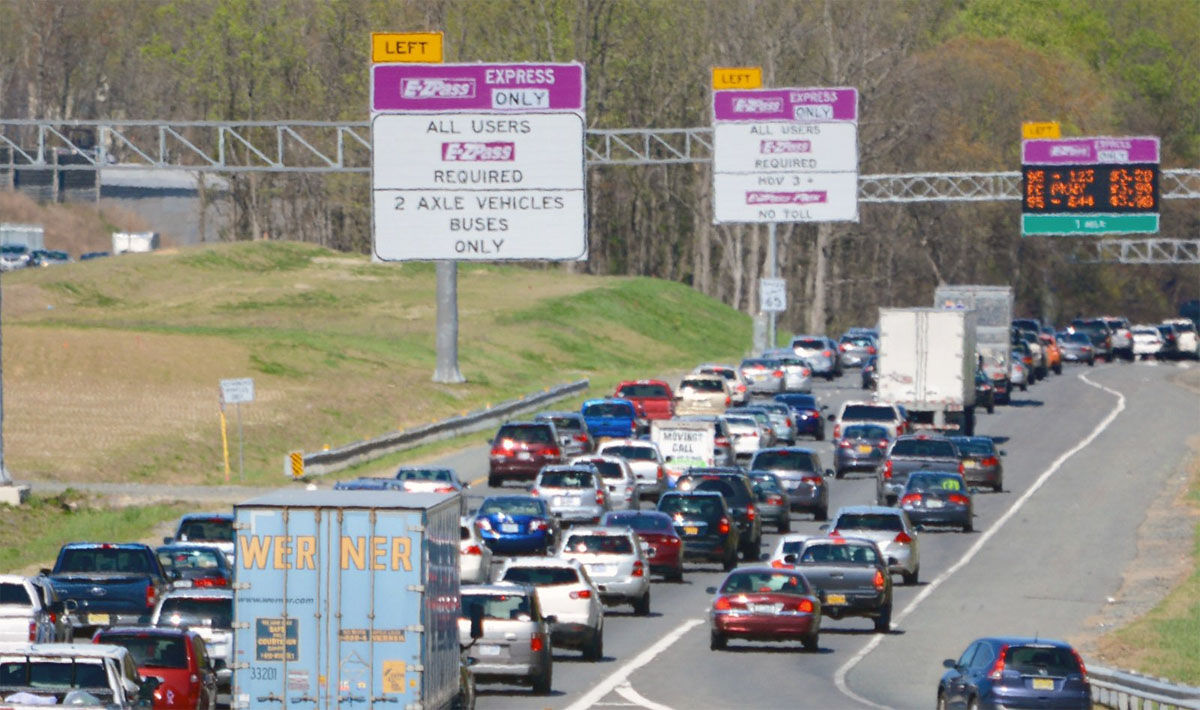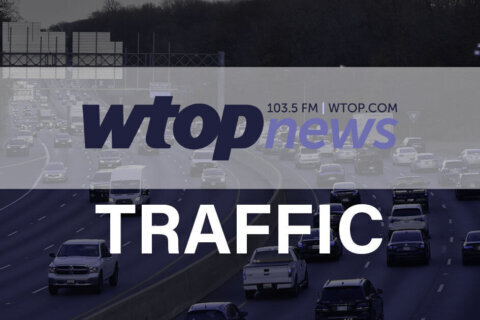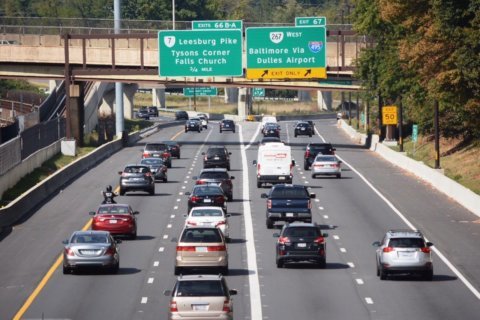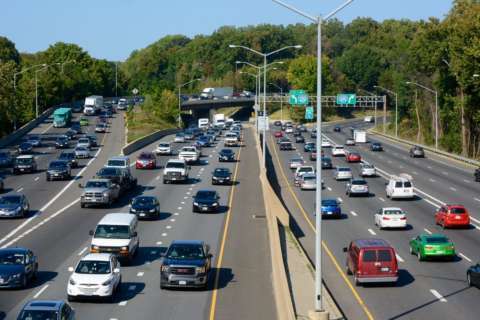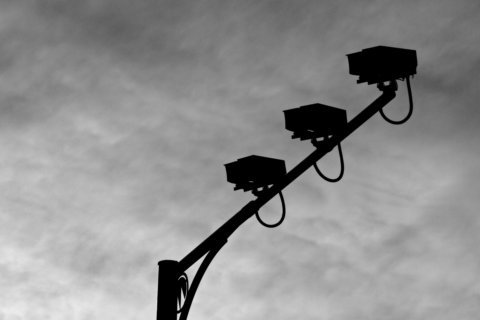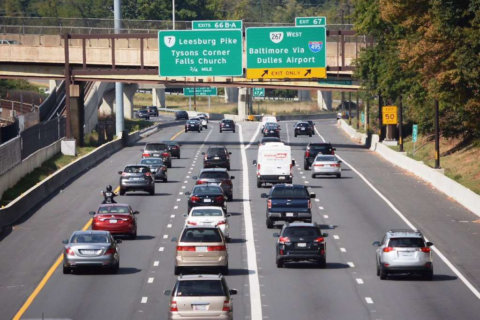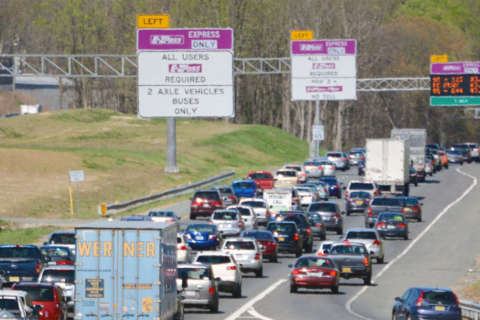
Virginia is about to join the areas testing a fee per mile driven as a potential replacement for the gas tax to fund critical transportation needs.
The I-95 Corridor Coalition is expanding the East Coast testing of a “vehicle miles traveled fee,” also sometimes referred to as a mileage-based user fee, to more drivers. The group is teaming up with Transurban to consider how a per-mile tax for all driving would work alongside toll lanes like the Interstate 95 Express Lanes, Executive Director Patricia Hendren said.
The Virginia testing is also set to look at whether the mileage-based fee itself should rise and fall on all roads based on the time of day or amount of traffic.
The testing is entirely theoretical, with information provided to drivers about what they would be charged under a vehicle-miles-traveled fee but no actual bill to be paid.
Talk of changes to the current gas tax system has ramped up recently in Congress, and Virginia is set this year to do its own statewide study of long-term funding for roads, bridges and more since it has been decades since the gas tax provided the desired revenue for projects.
That is due in part to long-term resistance to raising the nationwide tax to even keep up with inflation and to more fuel efficient or electric cars.
The East Coast study, meant to address the complications of a per-mile fee in an area where drivers regularly cross state lines, plans to sign up about 1,000 more drivers starting in April, mainly in Delaware and Pennsylvania, for its second phase. Drivers have devices in their cars or similar tracking technology through their phones to record the number of miles driven, and are then sent a faux invoice each month.
Privacy issues, how drivers would pay across state lines, potential disparities in charges between urban and rural drivers, and how the fees could fit into tolling are all meant to be reviewed as part of the studies.
The coalition, which counts state transportation agencies from Maine to Florida as members, is also analyzing mileage fees for trucks.
The trucking part of the study will now expand across the country as part of a third phase of the study just awarded an additional $3 million federal grant. The expansion will also include the I-95/I-495 Express Lanes testing for personal vehicles, new pilots in New Jersey and North Carolina, and a focus on how mileage fees would apply to buses and agricultural vehicles.
Transurban hopes to include about 400 drivers from across the D.C. region in the part of the study that involves the Northern Virginia toll lanes, Transurban’s Tanya Sheres said.
The idea is to consider how drivers would deal with and pay for variably priced tolls and the mileage-based fees if both were to apply.
Transurban’s involvement also includes considering whether the mileage-based fee should fluctuate based on the amount of traffic on the roads to some degree or be set lower at certain times outside of rush hour in an effort to encourage drivers to shift their travel times to limit traffic jams.
The grant for this phase of the project was only awarded last month, so there is no set start date for the Virginia program yet, Sheres said.
The I-95 and I-495 Express Lanes are also being used for other technology testing that is separate from the mileage based fees like autonomous and connected vehicles.

